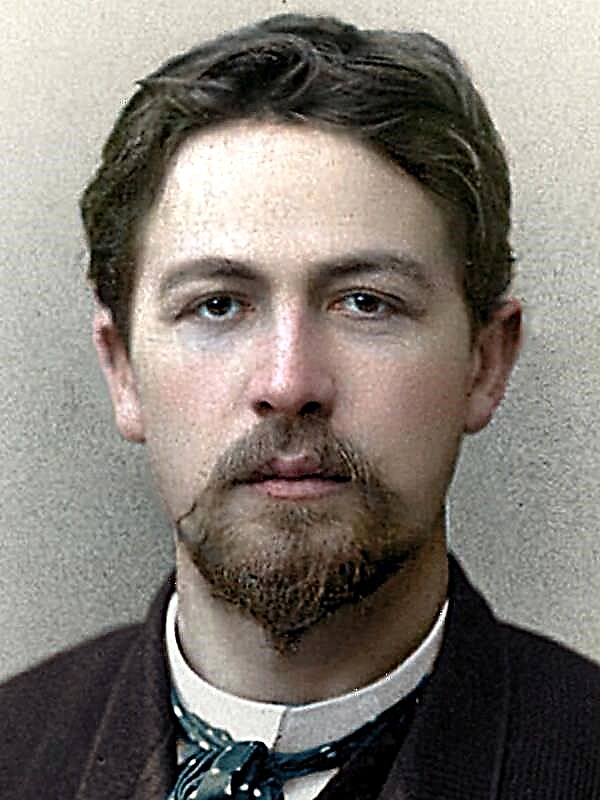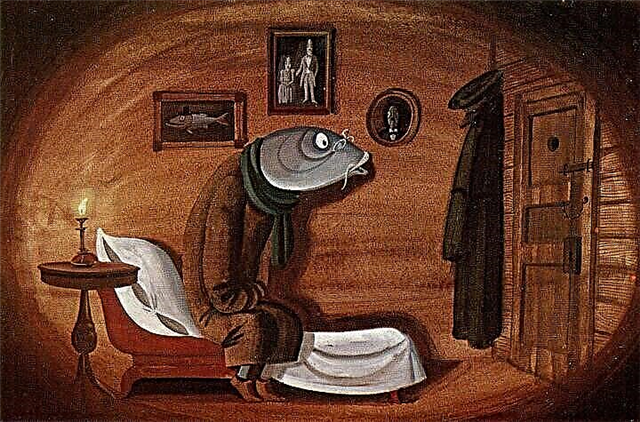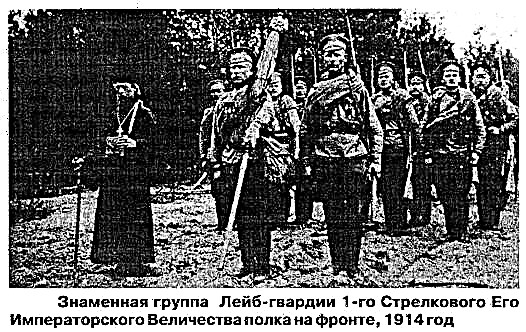The action takes place at the end of the XVI or the beginning of the XVII century. on four continents, wherever Spain has any possessions or where it is trying to conquer something else, as well as in the open sea, that is, a gigantic scene of this voluminous, five hundred-page play, is the whole world, the whole universe. It consists of four “days”, that is, of four actions. The drama “Satin Slipper” was clearly created with an eye on the tradition of Christian Mysteries, where legends about saints, martyrs, angels were transferred to the stage. Here, too, there are saints and angels among the characters, and the play is as monumental as the mysteries often were.
The whole action of the play is preceded by a scene that performs the function of a prologue. In the middle of the desert ocean, at an equal distance from Europe and from America, a fragment of a shipwreck floats with a Spanish missionary monk crucified on a stump from the mast, a member of the Jesuit order. The Jesuit recites the dying monologue, where first. thanks God for all his suffering, and then asks him to give his brother Rodrigo de Manacor the opportunity to experience great passion so that, after going through all the trials, he finally comes to God.
Apparently, the Almighty condescended to the request of the Jesuit, since by the time the main action of the play was started, Rodrigo and Dona Prues, the second main character, had long been in love. Of the two of them, she appears on stage first. Appears with his harsh husband, royal judge Don Pelago. Don Pelago was a friend of her father, and when he died, he married the girl who remained in Madrid without any support. There is no love between them, and therefore, Don Prues easily falls in love with Rodrigo, whom she saved in the past from death, leaving him after a shipwreck. However, being a woman of high moral standards, brought up in the strict rules of the Catholic religion, she strongly resists her desire to change her husband. In order not to succumb to the temptation at some moment, she leaves her satin shoe in the hands of the sculptural image of the Virgin Mary, so that if she were to point her foot in the direction of vice, her leg would go limp right there. However, despite this peculiar vow, she nevertheless tries to reunite with Rodrigo and goes to the family’s castle, where he heals the wounds received in the battle. But first, she announces her intention to Don Pelago and therefore, finding herself in the castle, meets there not Rodrigo, but her husband. He comes to the castle not to punish her, but in order to know her proud nature, to offer her to voluntarily test: go to Africa and take command of Mogador there, a fortress playing the role of a Spanish outpost on the border with the Moorish possessions. This appointment has already been agreed upon with the king. Don Pelago says goodbye to Pruesa, as later revealed, forever.
Meanwhile, in Mogador there is already one commandant, Don Escamillo, a man who has long been in love with Pruesa, more than once offering her to leave her husband and go there, to Africa, to the realm of the fire element, which is very kind to his rebellious nature. The purpose of appointing Prüesa to help him is to control him, since Don Escamillo has been suspected for a long time and not without reason that he is nurturing treasonable plans and even intends to convert to Islam. Consequently, the mission of the Princesa is to protect the Spanish possessions from the attacks of the Moors and to keep this potential renegade from treason, and to protect itself from sinful desires. Thus, the passion of Princes is directed in a good direction. The same thing happens with Rodrigo de Manacor. Appearing for the first time on the scene, he, in dialogue with a Chinese man who serves as his servant, tells us that in order to satisfy his passion for Don Pruse, he is ready to crush all obstacles. But since due to the inconsistent behavior of the Proues, circumstances are such that his passion still remains unsatisfied, he directs all his energy to conquering new lands for Spain. And from now on, Prues turns into a "guiding star" for him. Spain at that time was inclined to consider itself the center of the Christian world and extremely successfully carried out its aggressive policy. Seeking to take over the entire planet, such superhuman tasks could not but tempt the obsessed with the idea of an absolute conquistadors like Rodrigo. The material interests of Spain, expressed in its colonialist practice, coincided with its spiritual and ideological interests. Hence the attempt to spread the Christian religion to the whole world. Rodrigo personifies in the eyes of Claudel the idea of converting the whole Planet to Catholicism. But in order to master the souls of people, it is not enough to subdue them with the power of weapons. For the idea of Christianity to triumph, for the spirit to become stronger than military force, it is necessary, after passing through trials, to simplify. This is exactly what happens to Rodrigo. And the instrument of his simplification and at the same time his improvement becomes Pruesa. The king, having learned that in the recently conquered America, troubles are ripening, appoints Rodrigo as vice-king of the Spanish overseas territories. Rodrigo shows his obstinate temper: he demands that Proues be returned from Africa. Then he humbles himself, but, before heading to America, makes an attempt to see Pruesa, swims to Mogador. However, Prues orders him to go on his own. And Rodrigo obeys, despite the pangs of jealousy, realizing that in order to earn the love of Princes, he needs to transform his passion into something spiritual. Their mystical marriage should take place in heaven. Unsatisfied human love becomes a means of knowing divine love. Rodrigo begins to understand that true love should not isolate a person from the world, but, on the contrary, must wide open the gates of the Universe before him. Thanks to Proues, he gradually realizes his responsibility and the meaning of his mission. Having abandoned the hope of ever possessing a beloved woman physically, he is increasingly becoming closer to her spiritually.
The action is transferred to Naples, then to Prague, more and more characters appear, dramatic scenes alternate with a buffoonery. Meanwhile, Don Pelago dies, and Prueses has to marry Escamillo, and it is at a time when the apostasy of the latter becomes a fait accompli when he secretly accepts Islam, taking the name Oshali. Prues was trying to resist his harassment, but he manages to convince and beg her, because, as a true Christian, she must think not only about saving her own soul, but also about saving the soul of her neighbor, in this case the soul of Escamillo. Moreover, the renegade demands from her that she completely forget Rodrigo, even refuse from spiritual connection with him. After much hesitation, Pruesa agrees to make this sacrifice.
And just at that moment, Rodrigo receives a letter from Pruesa, which a young woman ten years ago, at the time of despair, entrusted to the sea and in which she asked him for help. Rodrigo equips the ship and floats from America to Africa, anchors in front of Mogador. Escamillo, frightened, thinks that the Spaniards went to war with him, and sends his wife to the ship Rodrigo. He would now be ready to abandon the Pruse, if only the attackers spared the city. However, having walked the path of rejection of everything for the sake of spiritual values, Pruesa wants to achieve such an absolute rejection from Rodrigo. Thus, Rodrigo again, for the umpteenth time, is being tested. Prues urges him to abandon everything fleeting in order to receive all that is eternal. And Rodrigo again resigned to fate - he agrees with the arguments of the Pruses. He lets go to Proues, says goodbye to her now forever, and she entrusts his care to her daughter Maria, who was born to her from Escamillo, but who, however, looks like Rodrigo.
Thus, the simplification of Rodrigo took place. Now he is giving up his role as a conqueror. And falls into disgrace to the king. After all, he left America without permission and is not going to return there. Another ten years pass. Donja Pruesa died. Rodrigo lost one leg in Japan. Now he floats on an old inferior ship, manufacturing and selling images of saints. The daughter of Prouesa has plans for the liberation of the Spaniards captured by Arab pirates and held in Africa, and her fiancé John of Austria sends the king to fight against the Turks. The king uses rumors that the Invincible Armada allegedly did not die at all, but, on the contrary, defeated the English fleet in order to play Rodrigo, who is hated by him because of his independent behavior. He even appoints him Viceroy of England, as if this country had suddenly become a colony of Spain. And Rodrigo falls for a bait, begins to dream of how he will “expand the world” and establish cosmic harmony in it. However, the king eventually throws the jokes aside and gives Rodrigo into slavery to the first soldier, who, in turn, is in vain inferior to him as a nun-old woman. At the end of the play, Rodrigo’s behavior, as well as his speech, become simply ridiculous in terms of common sense. The former conquistador becomes like a jester. Through all these oddities, it is revealed that he is losing contact with the world of people. But this also means that, freed from the stereotypes of human logic, turning essentially into a holy fool, Rodrigo becomes a man of God. He is ridiculous, but he is peaceful. Thus, in the struggle for his soul of earthly and heavenly forces, heaven conquers. According to Claudel, Rodrigo’s fate is an allegory of human fate, taking shape in accordance with the logic inaccessible to the mind of divine providence.



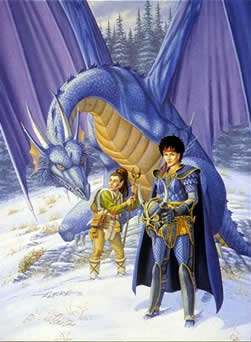
 How to write well
How to write well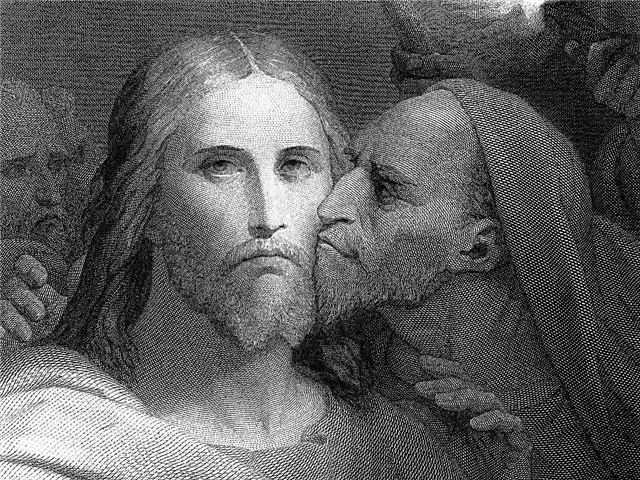
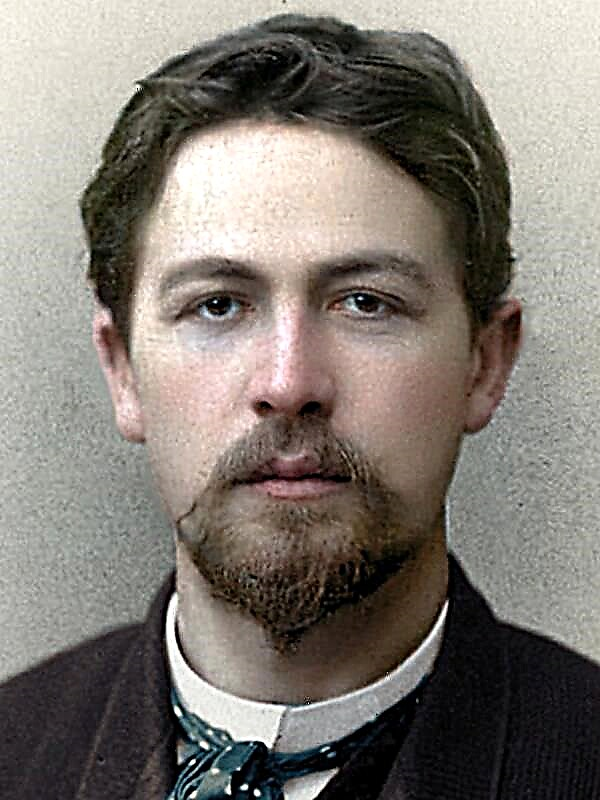
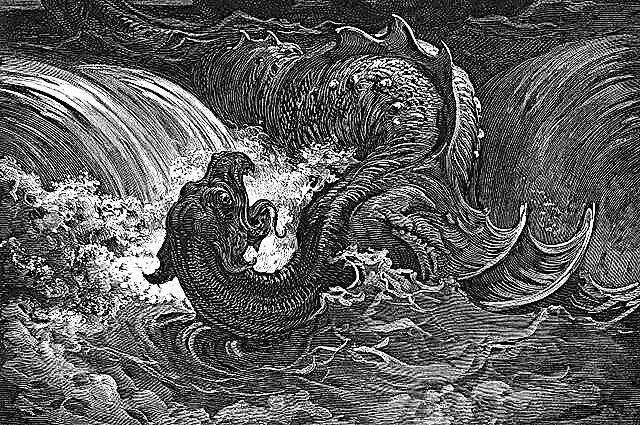
 Clarissa
Clarissa